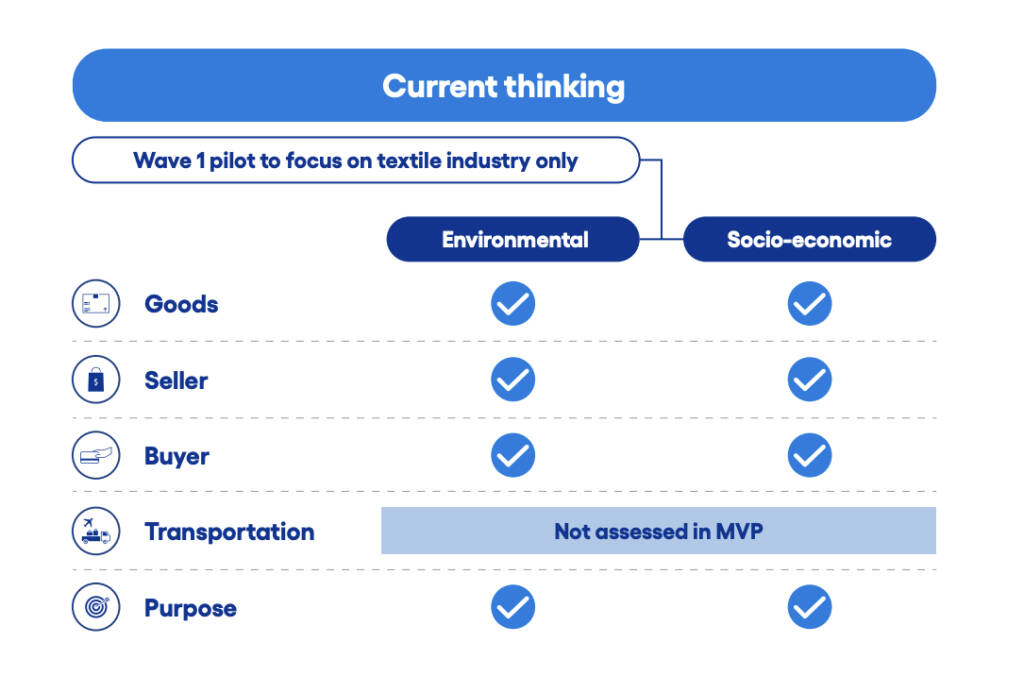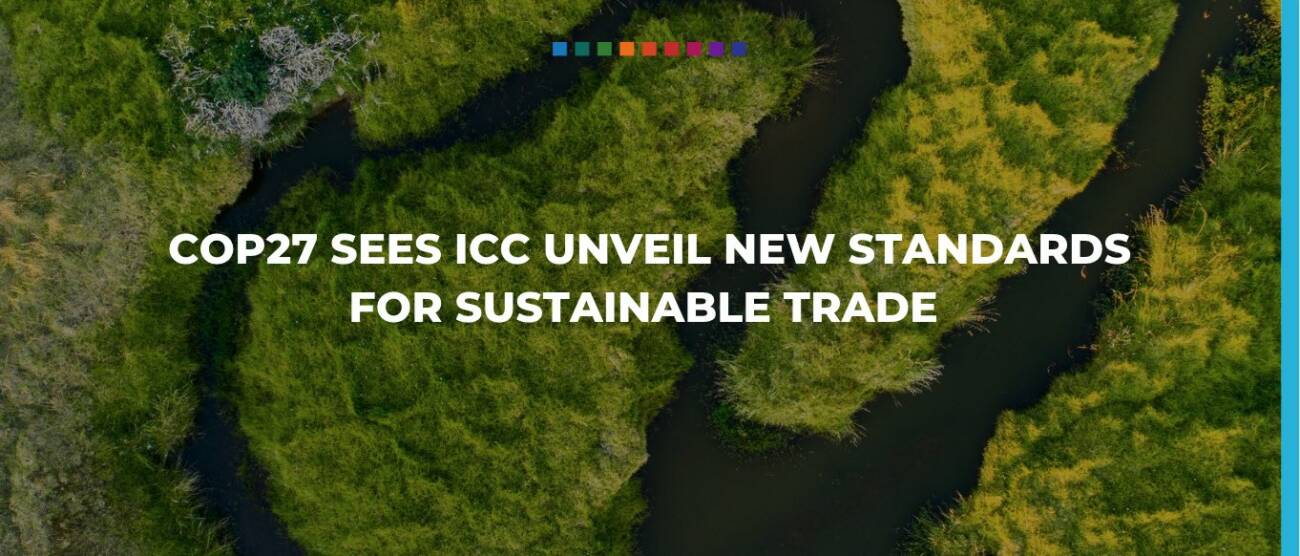Estimated reading time: 3 minutes
The International Chamber of Commerce (ICC) releases standards for sustainable trade, providing a framework that assesses the environmental sustainability of transactions.
On November 9, 2022, the ICC launched the Wave 1 Framework for its standards that will help support socio-economically sustainable development.
The piloting of this framework represents the first stage of an exciting journey toward common international reporting and assessment of sustainable supply chains.
This latest development follows the ICC’s initial sustainable trade finance definitions framework.
Hopefully, the framework will circumvent the current challenge keenly felt in the sustainability channels: the lack of ubiquitously accepted definitions.
Trade banks, corporates, technology players and Boston Consulting Group were brought together to create this paper, engaging in several working groups to progress to a minimum Wave 1 framework.
ICC Wave 1 contents
The framework incorporates a holistic definition of sustainability, defining it as a transaction that:
- Originates from an environmentally sustainable and socio-economically responsible supplier.
- Is destined to an environmentally sustainable and socio-economically responsible buyer.
- Consists of goods/services that have been produced in an environmentally sustainable and socio-economically responsible way.
- Is transported by environmentally sustainable and socio-economically responsible means.
- Has an environmentally sustainable and/or socio-economically responsible purpose.
These definitions take into account two different aspects. This would be; the environmental sustainability of a transaction, and how said transaction supports socio-economically sustainable development.
In doing so, ICC’s new paper will help support businesses in making Paris-agreement and Sustainable Development Goals (SDGs) friendly decisions.
It is important to note that this framework has factored in widely accepted industry standards as opposed to defining its own. It will not use these definitions to ‘test’ corporate compliance with SDGs 4 and 5, for example.
Instead, the ICC will assess whether a company meets a given standard, whose measures have been determined to support, for example, SDGs 4 and 5.

Additionally, the framework assesses trade across five components––the buyer, supplier, good/service being exchanged, transportation, and purpose. This is due to the fact that sustainability is a multi-industry issue, in which all players must be made accountable.
The framework, therefore, shows how each of these five components coincide and relate. Given the nascent nature of Wave 1, there are many areas that could be bolstered––the scope of the standards, for example––however the ICC has made it clear that such steps will be taken in the near future.
The ICC’s next step for its sustainability standards
The next exciting step for the ICC is the running of pilot programmes between November 2022-January 2023.
By bringing on partners, including both banks and corporates, the ICC will be able to use authentic data from real use cases, learning how to implement the framework to enhance existing work measures.
The findings from the pilot will be released at a later date to iterate the necessity of the framework.























